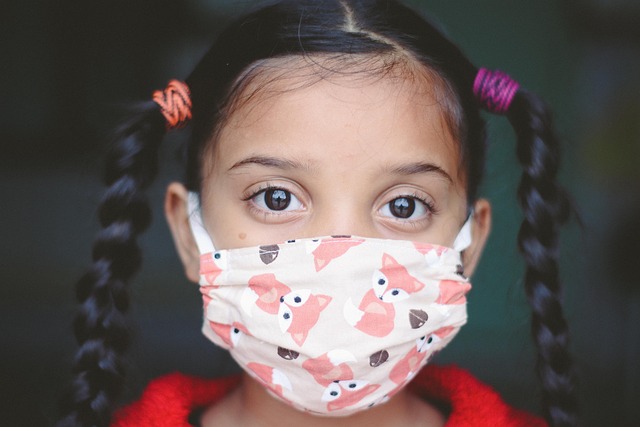Alarming situation as new Covid-19 variants emerge in US and UK
Due to their unique mutations and the potential they hold to cause a surge in COVID-19 cases Flirt virus has caught the attention of various researchers

FLiRT variants, a fresh cluster of COVID-19 are stirring concern within the United States and the United Kingdom. These variants, acclaiming from the Omicron lineage, have emerged from the JN.1 variant, which triggered an increase in cases earlier this year. Among these variants, KP.2 has emerged as a notable concern, responsible for a notable portion of recent cases.
Due to their unique mutations and the potential they hold to cause a surge in COVID-19 cases Flirt virus has caught the attention of various researchers. Among them, the KP.2 variant has emerged as a particular cause for concern, contributing to a significant portion of recent cases.
While other FLiRT variants like KP.1.1 have not spread widely in the US yet, worries about their impact remain. Researchers are working to understand FLiRT variants fully. Dr. Eric Topol from Scripps Research observed the increasing prevalence of the KP.2 variant in the US but advised against jumping to conclusions about a major surge in cases.
Data from the US Centers for Disease Control and Prevention (CDC) suggests a minimal presence of the virus in wastewater, with hospitalizations and deaths steadily declining since their peak earlier this year. While FLiRT variants may lead to a slight increase in cases, experts believe it will not result in a prominent wave. These optimistic words come from observations indicating that individuals previously infected with the JN.1 variant retain some level of protection against reinfection. Recent research from Japan also suggests that the KP.2 variant is less infectious than its predecessor.
However, the effectiveness of vaccines against FLiRT variants is concerning. Preliminary studies from Japan and China suggest these variants may have an enhanced ability to evade vaccine-induced immunity compared to earlier strains. This poses a challenge, particularly for individuals who received booster shots last fall, as their protection may be waning.

The World Health Organization recommends formulating future vaccines based on the JN.1 lineage to better match the evolving virus, in response to the changing landscape. Despite these challenges, public health measures remain crucial in mitigating the spread of FLiRT variants. Vaccination, testing, and adherence to mask-wearing in crowded settings continue to be key strategies in curbing transmission. Meanwhile, similar concerns are brewing in the UK as FLiRT variants gain traction.
These variants, originating from the JN.1 lineage, are gradually replacing their predecessor and now account for a significant portion of COVID-19 infections. While the potential for a surge looms, experts anticipate a smaller impact compared to previous waves, citing similarities between FLiRT variants and their parent strain, JN.1.
Despite uncertainties surrounding the severity of the upcoming wave, scientists stress the importance of vigilance and adherence to preventive measures. Staying up-to-date on vaccinations, particularly with spring boosters, remains crucial in bolstering immunity. In addition, individuals are encouraged to practice good hygiene, stay home when ill, and consider wearing masks in crowded settings to minimize transmission risk.
As the world braces for the impact of FLiRT variants, one thing remains clear: proactive measures and collective efforts are essential in navigating the ever-changing landscape of the COVID-19 pandemic. By staying informed and prioritizing public health, we can mitigate the impact of emerging variants and work towards a safer future for all.
You might also be interested in – Covid-19 has reduced life expectancy: Study



